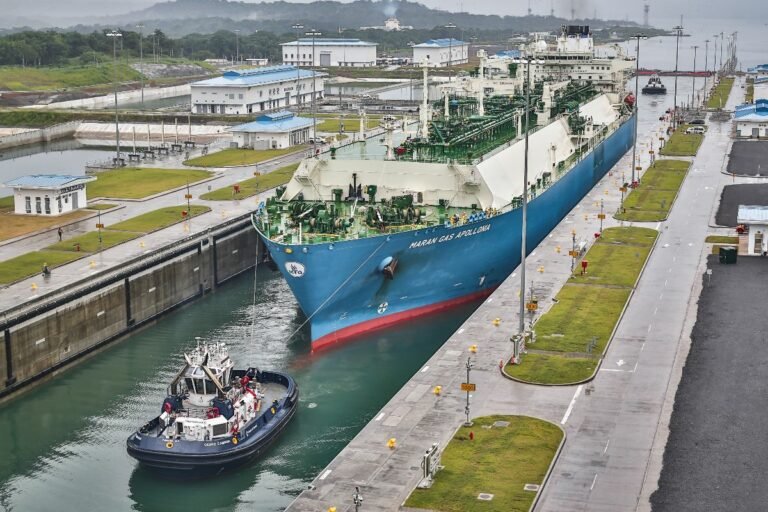Panama Implements New Regulations to Enhance Fleet Performance and Safety
Panama will no longer allow the registration of oil tankers and bulk carriers older than fifteen years under its flag to improve the performance of its fleet, minimize the risk of detentions and prevent the entry of vessels associated with the so-called ‘shadow’ or ‘dark’ fleet.
According to the Panama Maritime Authority (PMA), the measure was adopted following findings by the Directorate General of the Merchant Marine, which determined that 71% of detentions within the fleet between 2023 and the first half of 2025 involved bulkers, general cargo ships, and oil tankers over 15 years old.
As officials from the PMA have noted, the Panamanian Ship Registry has, thus, also kick-started a set of extra mechanisms through Resolution 106-003-DGMM (January 2025), which mandates:
- Additional inspections to be conducted every three months by the recognized organization (RO) that issues the statutory certificates with a yearly and/or periodic scope for deficient vessels;
- Additional verification of the Ship’s Safety Management system (SMS certificate), with an initial scope and the option to increase its frequency if non-conformities that have an impact on SMS are identified.
As disclosed, as a result of these oversight mechanisms, the Panamanian Ship Registry aims to ensure that Panama’s fleet is compliant with “the most stringent” international regulations, while simultaneously contributing to a safer and more sustainable maritime transport industry within its jurisdiction.
In January this year, the International Maritime Organization (IMO) announced that it was gearing up to tackle what it said were the ‘top three’ pressing matters within the maritime industry: the dark fleet, decarbonization, and geopolitical pressures.
At the time, IMO Secretary-General Arsenio Dominguez underscored the concerns regarding the shadow fleet evading compliance with both safety and environmental regulations, dodging insurance costs, or engaging in other illegal activities.
Although the IMO itself does not impose sanctions on its own, the United Nations’ shipping body does follow (and endorse) the Security Council’s measures as well as the sanctions imposed by individual nations, maritime bodies, etc.
Panama, for instance, has already deployed measures targeting the operations of Russia’s shadow fleet, in particular; namely, at the end of May, the PMA tightened ship-to-ship (STS) oil transfer operation requirements for tankers sailing under Panama’s flag.
As divulged, the all-embracing goal of this measure was to tighten the grip on the shadow fleet, while also ‘strengthening’ Panama’s position as a responsible flag state.
Beyond Panama, several other individual nations have issued their own sanctions against the dark fleet over the past several months. Among them are Sweden and Germany.
To remind, in June 2025, the Swedish government revealed that from July 1, the Swedish Coast Guard and the Swedish Maritime Administration would start collecting insurance data not only from vessels calling at a port in Sweden but also from those merely passing through the nation’s territorial waters or the exclusive economic zone.
Germany followed suit with a similar action in July, when the country’s government announced that tankers were already being stopped to check whether they carried valid insurance for oil spill damage. This, similarly to Sweden, is part of the EU’s broader efforts to improve security within the maritime transport industry.

